THE YEAR 1955 marked a transformative period in world history, defined by social revolution, scientific achievement, and growing Cold War tensions. In the United States, the Montgomery Bus Boycott heralded a new chapter in the civil rights movement, while the tragic death of cultural icon James Dean shocked a generation. In Europe, the formation of the Warsaw Pact formalised Soviet dominance in Eastern Europe, and the UK saw a change in leadership with Anthony Eden succeeding Winston Churchill. Scientific loss also defined the year, with the death of Albert Einstein, one of the most influential minds of the 20th century. Popular culture exploded with the rise of rock and roll, and cinema continued to redefine youth and rebellion.
Explore our newspaper archives to purchase your own authentic 1955 newspaper!
January
January 2: Prime Minister Winston Churchill warns of the dangers of nuclear war during a New Year’s address, urging global restraint in the face of Cold War escalation.
Delve deeper into the story of Winston Churchill

January 7: Marian Anderson becomes the first African American to perform at the Metropolitan Opera in New York, singing the role of Ulrica in Un ballo in maschera.
January 11: The UK Government announces a further reduction in wartime food rationing, continuing the country's post-war recovery.
January 15: The BBC conducts a live experimental colour television broadcast in London, laying groundwork for future colour programming.
January 17: USS Nautilus, the world’s first nuclear-powered submarine, is launched in Connecticut, introducing a new era of naval technology.
January 22: The Pentagon announces increased nuclear arms production, aligning with President Eisenhower’s strategy of deterrence through strength.
January 23: Nobel Prize-winning bacteriologist Sir Alexander Fleming, who discovered penicillin, dies in London at the age of 73.
January 25: The Sutton Coldfield transmitting station expands its reach with upgraded facilities, providing television service to much of the Midlands.
January 28: Jazz musician Charlie Parker gives one of his final live performances in New York City before his death later that year.
January 31: RCA continues its innovations in music distribution with new packaging designs for 45 rpm records, influencing the emerging pop music market.
February
February 2: Prime Minister Winston Churchill informs close colleagues of his intent to resign within the year due to persistent ill health.
February 8: Nikolai Bulganin becomes Premier of the Soviet Union, formally replacing Georgy Malenkov and strengthening Nikita Khrushchev’s influence.
February 12: President Eisenhower expands US military aid to South Vietnam, deepening American involvement in the region’s growing conflict.
February 14: The RAF announces the full integration of the Hawker Hunter jet fighter into operational service across UK airbases.
February 15: Commemorations are held in Britain and Europe marking the tenth anniversary of Auschwitz's liberation, reflecting on the Holocaust's impact.
February 18: Belgian cyclist Stan Ockers wins the Omloop Het Volk road race, beginning a strong season in European cycling.
February 22: The first council meeting of the Southeast Asia Treaty Organization (SEATO) is held in Bangkok to coordinate defence against Communism in the region.
February 23: Mary Martin stars in a televised performance of Peter Pan, broadcast nationally in the US to record-breaking audiences.

Image: Wikipedia
February 25: Anthony Eden meets with senior Conservative Party figures to prepare for leadership succession as Churchill’s resignation approaches.
February 28: American physicist Willis Lamb formally receives his Nobel Prize in Physics in Stockholm for his contributions to quantum electrodynamics.
March
March 2: Claudette Colvin, a 15-year-old African American student, is arrested in Montgomery, Alabama, for refusing to give up her seat on a segregated bus.
March 5: Elvis Presley signs with RCA and makes his first regional television appearances, marking the beginning of his rapid rise in pop culture.
Explore the story of Elvis Presley through newspaper headlines!

March 7: Mathematician Mary Cartwright becomes the first woman elected to the Council of the Royal Society, breaking a major gender barrier in British science.
March 12: Charlie Parker, iconic American jazz saxophonist and pioneer of the bebop movement, dies in New York at the age of 34.
March 13: Newcastle United defeat York City in an FA Cup semi-final replay, earning a place in the final at Wembley.
March 15: The BBC hosts a national debate on nuclear weapons and disarmament, drawing both public support and criticism.
March 20: The American film Blackboard Jungle premieres, popularising the use of rock and roll music in cinema with “Rock Around the Clock.”
March 21: West Germany and France meet for joint defence discussions in Paris, a sign of improving post-war European cooperation.
March 23: British climber Eric Shipton announces plans for a renewed attempt on Mount Everest, building on the 1953 expedition’s success.
March 25: East German leader Walter Ulbricht confirms Soviet military presence will remain in East Germany, reinforcing the division of Europe.
April
April 5: Winston Churchill resigns as Prime Minister of the United Kingdom; Anthony Eden succeeds him with overwhelming Conservative support.

Anthony Eden. Image: Wikipedia
April 6: Sir Edward Appleton, Vice-Chancellor of the University of Edinburgh, delivers a public lecture on the future of nuclear physics in Britain.
April 12: Dr Jonas Salk’s polio vaccine is declared safe and effective in the United States, signalling a major breakthrough in medical science.
April 13: The first franchised McDonald’s restaurant opens in Des Plaines, Illinois, marking the beginning of Ray Kroc’s global expansion of the brand.
April 15: The Labour Party criticises Prime Minister Anthony Eden’s foreign policy stance during a heated session in the House of Commons.
April 18: The Bandung Conference opens in Indonesia with representatives from 29 Asian and African nations advocating non-alignment in the Cold War.
April 18: Physicist Albert Einstein dies in Princeton, New Jersey, at the age of 76, prompting worldwide tributes.
April 22: Royal Navy tests new sonar detection systems aboard HMS Keppel as part of Cold War defence upgrades.
April 24: British motor racing teams gather at Goodwood Circuit for season openers, with Stirling Moss showcasing dominant form.
April 26: The UK Government outlines preliminary plans for a national motorway network to address growing post-war traffic congestion.
April 28: The Royal Shakespeare Company opens its spring season in Stratford-upon-Avon with a new production of Hamlet, starring Michael Redgrave.
May
May 2: The UK Parliament reopens after the Easter recess with Anthony Eden outlining his foreign policy in his first major speech as Prime Minister.
May 5: West Germany becomes a fully sovereign state with the ratification of the Bonn–Paris conventions, formally ending Allied occupation.
May 7: Stirling Moss wins the BRDC International Trophy at Silverstone, confirming his status as Britain’s top racing driver.
May 9: West Germany joins NATO, sparking protests from the Soviet Union and accelerating the militarisation of the Cold War.
May 14: The Warsaw Pact is signed in Warsaw, Poland, establishing a military alliance of the Soviet Union and seven Eastern Bloc nations.

Conference during which the Pact was established and signed. Image: Wikipedia
May 15: The Austrian State Treaty is agreed upon by the Allies, restoring Austria’s independence and neutrality after a decade of occupation.
May 17: US television broadcasts the first colour version of The $64,000 Question, marking a shift in American entertainment formats.
May 20: American actor James Dean completes filming for Rebel Without a Cause, a film that would cement his legacy.
May 21: The FA Cup final sees Newcastle United defeat Manchester City 3 – 1 at Wembley Stadium, with Jackie Milburn scoring in the first minute.
May 23: British pathologist Sir Howard Florey, a key figure in the development of penicillin, is awarded the Order of Merit.
May 26: Goon Show star Peter Sellers appears in his first major film role in The Ladykillers, launched by Ealing Studios.
June
June 2: The USSR successfully test-launches a new intercontinental missile system, increasing global nuclear tensions.
June 4: The Le Mans 24-Hour Race begins in France; it will end in disaster and become the deadliest motorsport accident in history.
June 9: The UK Government proposes changes to income tax bands in its Finance Bill, aiming to stimulate post-war economic growth.
June 11: The film Mister Roberts, starring Henry Fonda and James Cagney, is released in the United States.
June 13: American physicist Albert Einstein’s personal papers are transferred to the Hebrew University of Jerusalem, fulfilling his will.
June 15: British trade unions protest in London against unemployment and wage inequality, drawing thousands to Parliament Square.
June 19: The 1955 Le Mans disaster occurs when a car crashes into the crowd, killing driver Pierre Levegh and over 80 spectators.
June 22: Doris Day's single “Love Me or Leave Me” reaches the top of the UK pop charts, reflecting transatlantic music tastes.
June 24: Princess Margaret attends the Royal Ascot in a striking new Dior gown, generating headlines in the British press.
June 29: The UK releases the first commemorative coins bearing Queen Elizabeth II’s image since her coronation.
Shop our newspaper book on Queen Elizabeth II

June 30: Atomic Energy Authority engineers confirm the successful testing of a British nuclear power station prototype.
July
July 1: The BBC extends its regional television coverage to the South West of England with the opening of the Wenvoe transmitter.
July 2: The Lawrence Livermore Laboratory in California is officially established to advance US nuclear research.
July 6: The British Medical Association opens its annual meeting with a focus on improving NHS hospital waiting times.
July 9: The Russell–Einstein Manifesto is released in London, urging world leaders to avoid nuclear war and promoting peaceful conflict resolution.
July 11: The Italian Grand Prix sees Juan Manuel Fangio dominate at Monza, strengthening his claim to the world title.
July 13: Ruth Ellis, convicted of murdering her lover, becomes the last woman to be executed in the United Kingdom.
July 15: Disneyland opens in Anaheim, California, attracting national attention and ushering in a new era of family entertainment.
July 18: The Geneva Summit opens with leaders from the US, UK, USSR, and France meeting to reduce Cold War tensions.
July 21: The UK Government confirms funding for the development of the M1 motorway, the country’s first major long-distance route.
July 24: American singer Chuck Berry releases “Maybellene,” which becomes a defining early rock and roll hit.
July 27: Royal Navy officers begin naval exercises with the US Sixth Fleet in the Mediterranean, showcasing post-war alliance strength.
August
August 1: The first edition of The Guinness Book of Records is published in the United Kingdom, quickly becoming a best-seller across Britain.
August 6: Hurricane Connie forms over the Atlantic Ocean before making landfall in North Carolina, eventually causing over 70 deaths across the eastern United States.
August 9: The 1955 Edinburgh International Festival opens, featuring performances by the BBC Symphony Orchestra and Royal Danish Ballet.
August 12: German-American physicist Wolfgang Pauli is awarded the Max Planck Medal for his pioneering work in quantum theory.
August 15: The UK marks the tenth anniversary of V-J Day with commemorations and BBC broadcasts reflecting on the end of World War II in the Pacific.
August 21: Juan Manuel Fangio wins the Dutch Grand Prix at Zandvoort, continuing his dominance in the Formula One season.
August 24: British Railways expands the use of colour light signalling across the West Coast Main Line as part of ongoing network modernisation.
August 27: A BOAC Comet 4 prototype completes a successful long-distance test flight to Singapore, helping to rebuild public confidence after earlier disasters.
August 31: Bill Haley and His Comets headline a concert at the Brooklyn Paramount Theatre, drawing large youth crowds and cementing their status as rock and roll pioneers.
September
September 1: ITV launches in London, becoming the UK’s first commercial television channel and offering an alternative to the BBC.
September 2: The Soviet Union conducts a successful thermonuclear test, escalating Cold War tensions in the nuclear arms race.
September 8: BBC journalist Richard Baker presents the network’s first televised news bulletin, ushering in a new era of British broadcast journalism.
September 9: Civil rights leader Rev. George W. Lee is posthumously honoured in Mississippi following his murder in May for registering Black voters.
September 12: India and the United Kingdom sign a new academic exchange agreement to promote education and cultural cooperation between the two nations.
September 17: Oklahoma! premieres at the Odeon, Leicester Square, becoming the first film to be released in CinemaScope format in the UK.
September 20: The Ministry of Transport unveils proposed motorway legislation to regulate signage and road safety on future high-speed roads.
September 23: The British public welcomes Queen Elizabeth II back from her state visit to Norway and Sweden.
September 30: American actor James Dean dies in a car crash near Cholame, California, at the age of 24, shocking fans and the film industry.

James Dean. Image: Wikipedia
October
October 2: Alfred Hitchcock’s To Catch a Thief, starring Cary Grant and Grace Kelly, premieres in London to wide acclaim.
October 4: Soviet premier Nikolai Bulganin begins a state visit to India alongside Nikita Khrushchev, marking a significant Soviet diplomatic initiative.
October 6: The World Health Organization launches a global campaign to combat yaws, a debilitating disease affecting millions in tropical regions.
October 10: At the Labour Party conference in Margate, Aneurin Bevan delivers a passionate defence of the NHS and criticises the party’s centrist direction.
October 12: The RAF formally retires its last Avro Lincoln piston-engined bombers from active duty, completing a transition to jet-powered aircraft.
October 14: The Ford Motor Company introduces the Fairlane series in the United States, reflecting booming mid-century consumer demand.
October 20: The National Gallery in London reopens select galleries after refurbishment, showcasing restored masterpieces by Turner and Constable.
October 24: Large-scale Anglo-American naval exercises conclude in the North Atlantic, highlighting NATO’s maritime strength.
October 27: The BBC announces development of a sequel to The Quatermass Experiment, following public demand for more science fiction programming.
November
November 1: The Vietnam War escalates as South Vietnamese forces begin coordinated operations against Viet Minh insurgents.
November 3: The UK Treasury announces tax incentives for exports in a bid to boost post-war trade recovery.
November 6: A coal mine explosion in Derbyshire kills 18 miners, drawing national attention to industrial safety concerns.
November 8: In the United States, the AFL and CIO labour unions agree to merge, forming the AFL–CIO and becoming the largest federation of unions in the country.
November 11: Remembrance Day is observed across the UK with a national two-minute silence and wreath-laying ceremonies at the Cenotaph.
November 13: Anglo-Egyptian talks over the future of the Suez Canal break down, setting the stage for rising tensions in the Middle East.
November 16: The BBC Symphony Orchestra performs Benjamin Britten’s War Requiem at the Royal Festival Hall to critical acclaim.
November 19: The new Czechoslovak president Antonín Novotný takes office following Klement Gottwald’s resignation.
November 24: British explorer Sir Vivian Fuchs announces plans for a Commonwealth Trans-Antarctic Expedition to cross the South Pole.
November 30: Prime Minister Eden hosts Commonwealth leaders at 10 Downing Street to discuss international trade and defence policy.
December
December 1: Rosa Parks is arrested in Montgomery, Alabama, for refusing to give up her seat on a segregated bus, sparking the Montgomery Bus Boycott.

Rosa Parks. Image: Daily Bulletin
December 5: The Montgomery Bus Boycott officially begins under the leadership of Rev. Martin Luther King Jr., launching the American civil rights movement into national focus.
Learn more about the Civil Rights Movement through newspaper headlines

December 7: The United Nations adopts a resolution urging nuclear disarmament and peaceful atomic energy development.
December 10: Nobel Prizes are awarded in Stockholm, with literature awarded to Halldór Laxness and chemistry to Vincent du Vigneaud.
December 14: A severe fog settles over London, reviving memories of the 1952 Great Smog and prompting renewed public health concerns.
December 17: British film The Night My Number Came Up, starring Michael Redgrave, premieres to strong reviews for its suspenseful storytelling.
December 19: In Scotland, a record-breaking cold snap leads to mass school closures and disrupted rail services.
December 22: The Queen broadcasts her annual Christmas message from Sandringham, focusing on post-war unity and Commonwealth friendship.
December 24: Midnight Mass at Westminster Cathedral is broadcast live on the BBC, drawing one of the largest holiday audiences of the year.
December 31: New Year’s Eve celebrations across the UK mark the close of a turbulent but significant year with fireworks, dance halls, and radio retrospectives.
Key Events of 1955...
The Montgomery Bus Boycott
SPARKED by the arrest of Rosa Parks on 1 December, the Montgomery Bus Boycott became one of the defining events in the early civil rights movement. African Americans in Montgomery, Alabama, led by Rev. Martin Luther King Jr., organised a mass protest against racial segregation on public buses. The boycott lasted over a year and led to a Supreme Court ruling that declared segregation on buses unconstitutional. It was a pivotal moment in US history and launched King into national prominence.
The Death of Albert Einstein
ON 18 APRIL 1955, the world mourned the passing of physicist Albert Einstein, who died in Princeton, New Jersey. Famed for his theory of relativity and groundbreaking work in quantum mechanics, Einstein was not only a scientific genius but also a passionate advocate for peace, civil rights, and nuclear disarmament. His death marked the end of an era in 20th-century science and left a profound legacy for future generations.
Formation of the Warsaw Pact
SIGNED on 14 May 1955, the Warsaw Pact brought together the Soviet Union and seven Eastern Bloc countries in a formal military alliance. It was created in direct response to West Germany’s admission into NATO and solidified the division of Europe during the Cold War. The pact ensured Soviet dominance over Central and Eastern Europe and would become a central feature of Cold War geopolitics until its dissolution in 1991.
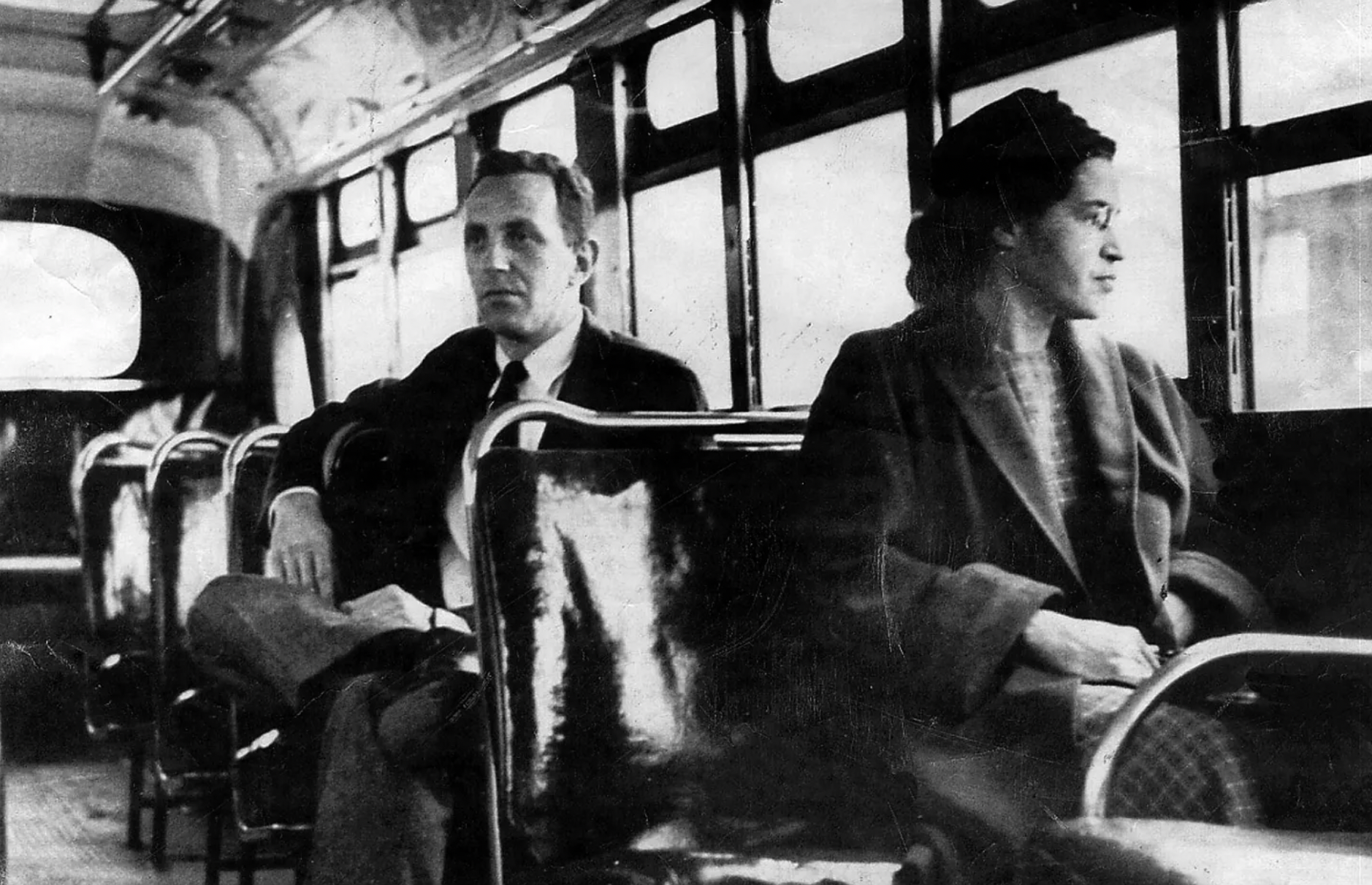


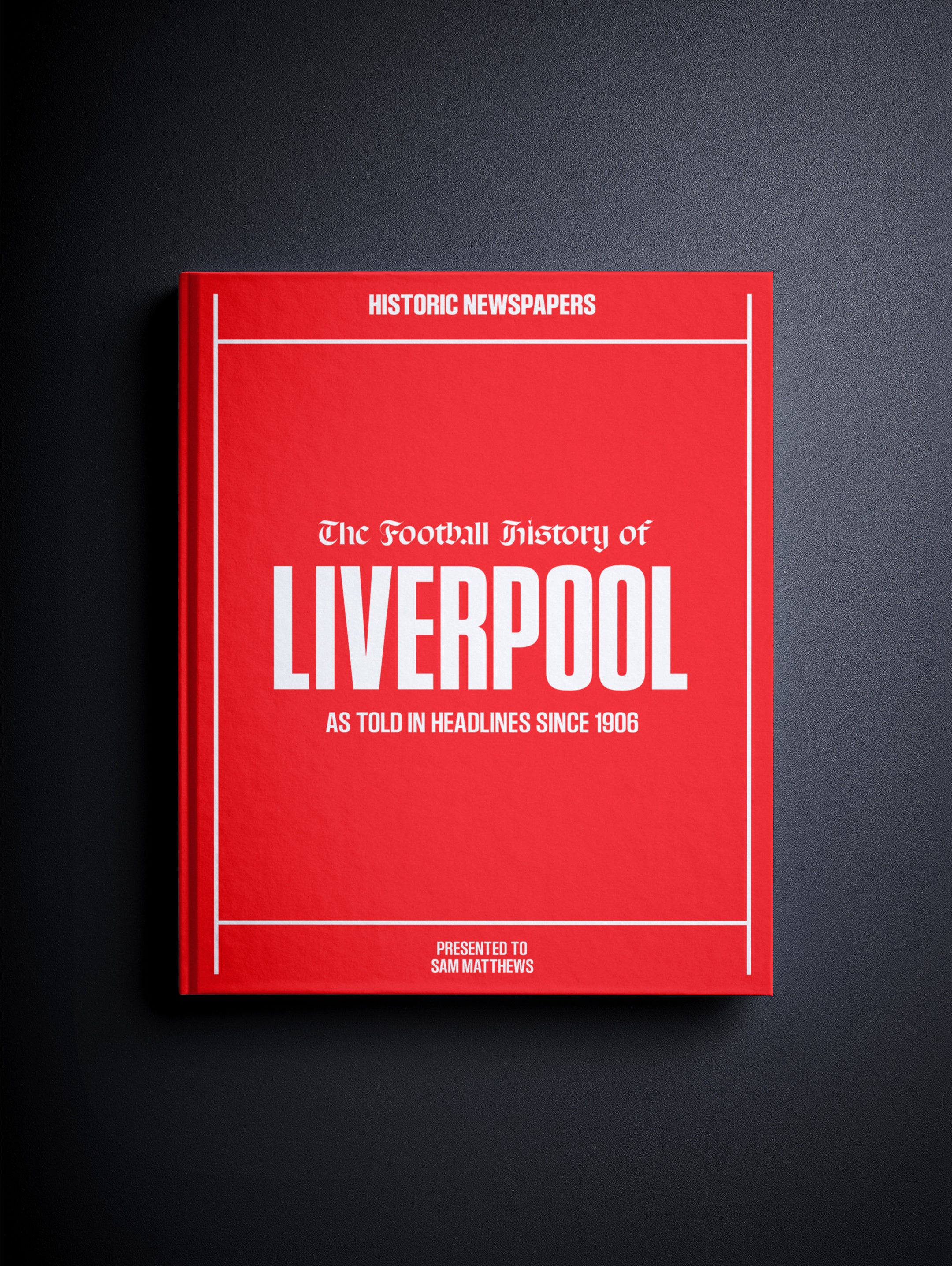
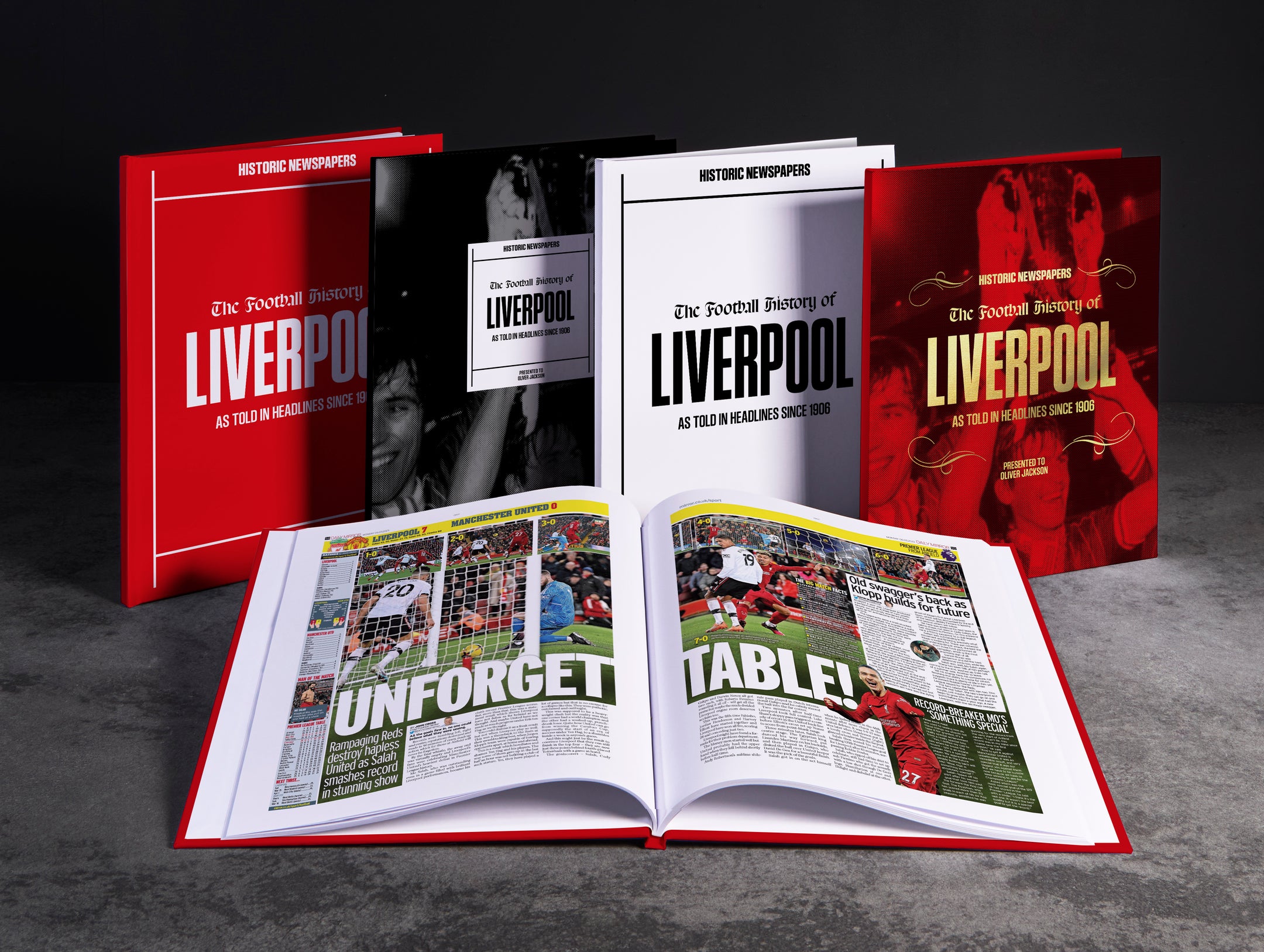


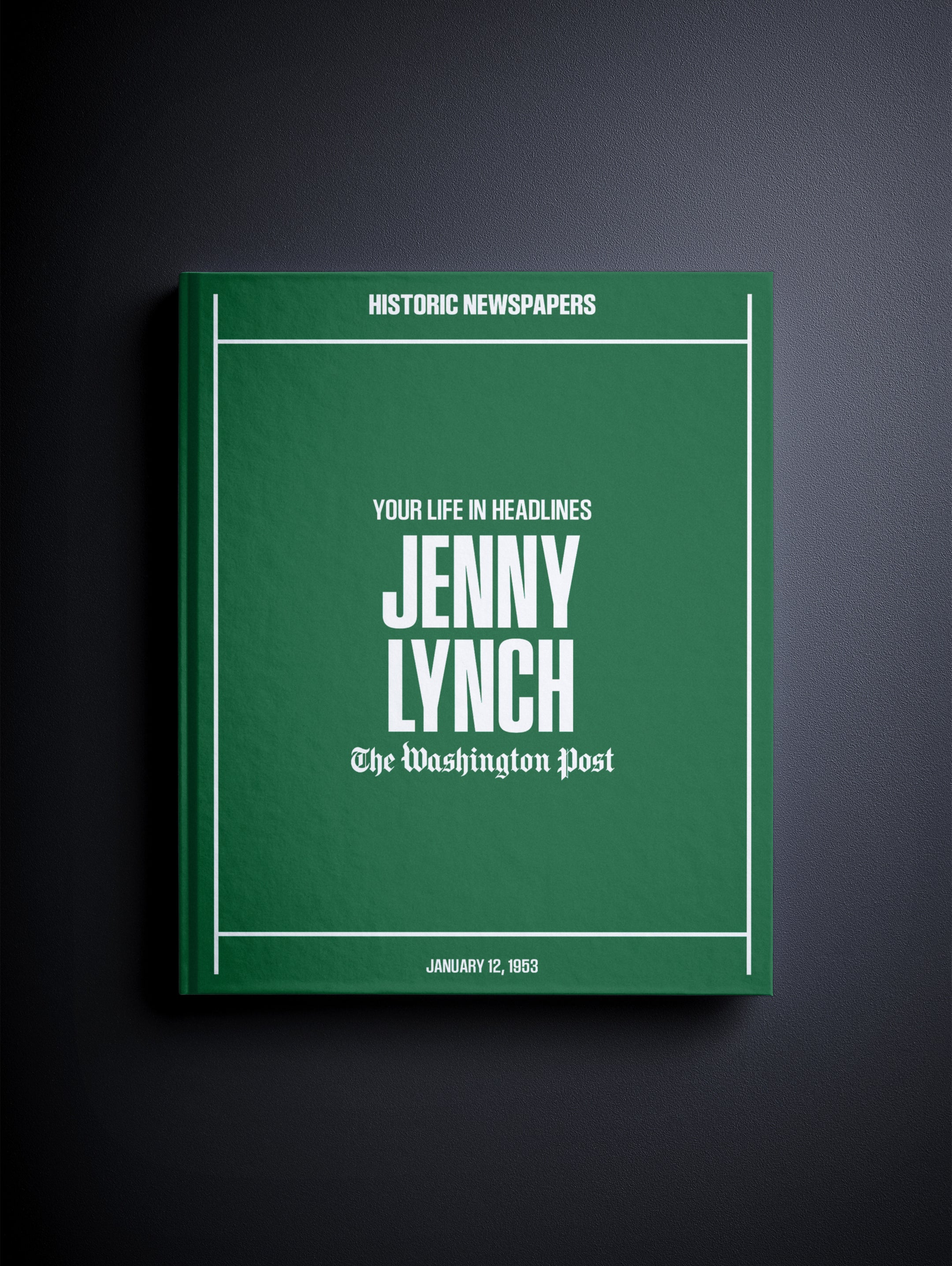
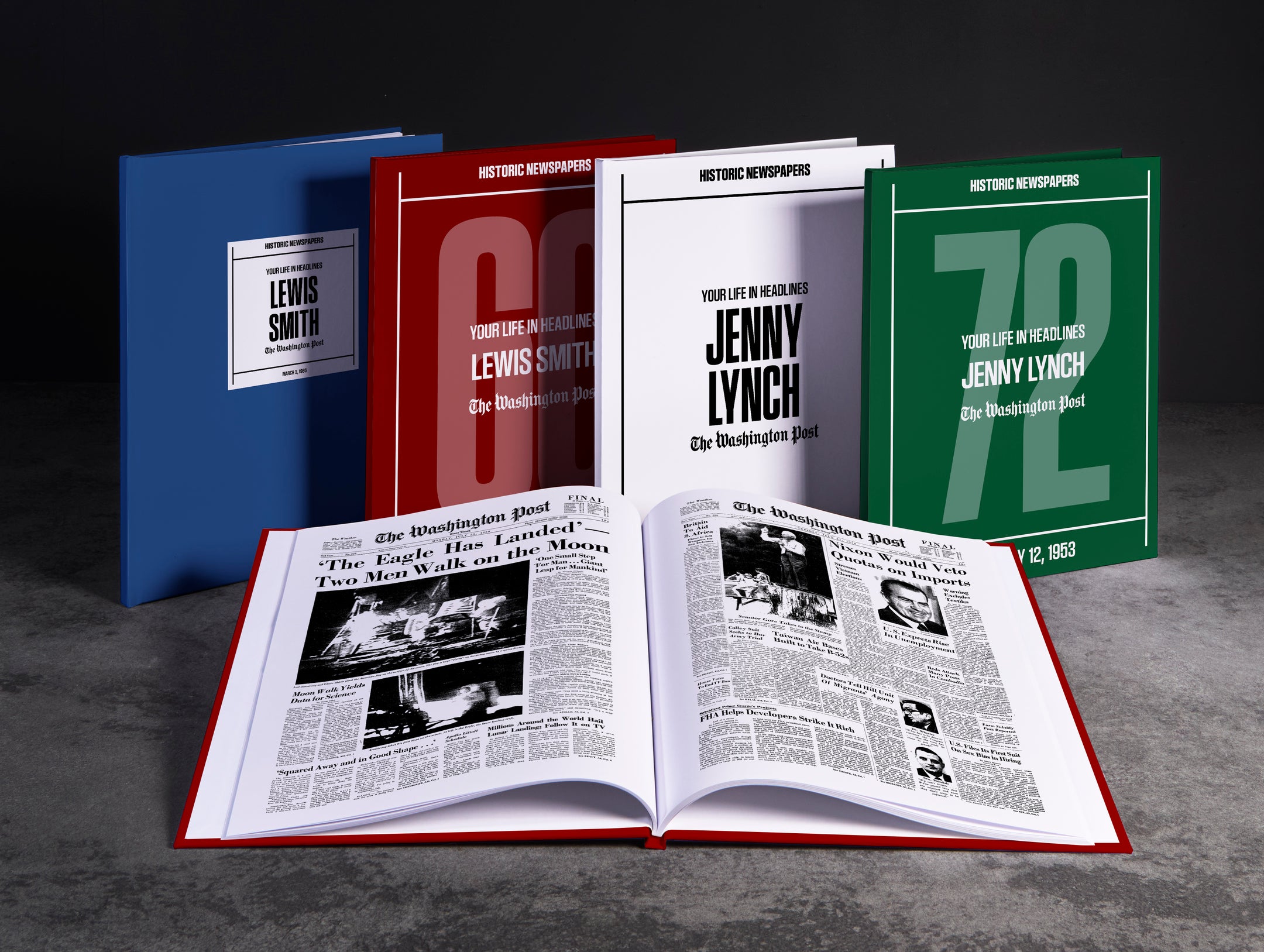
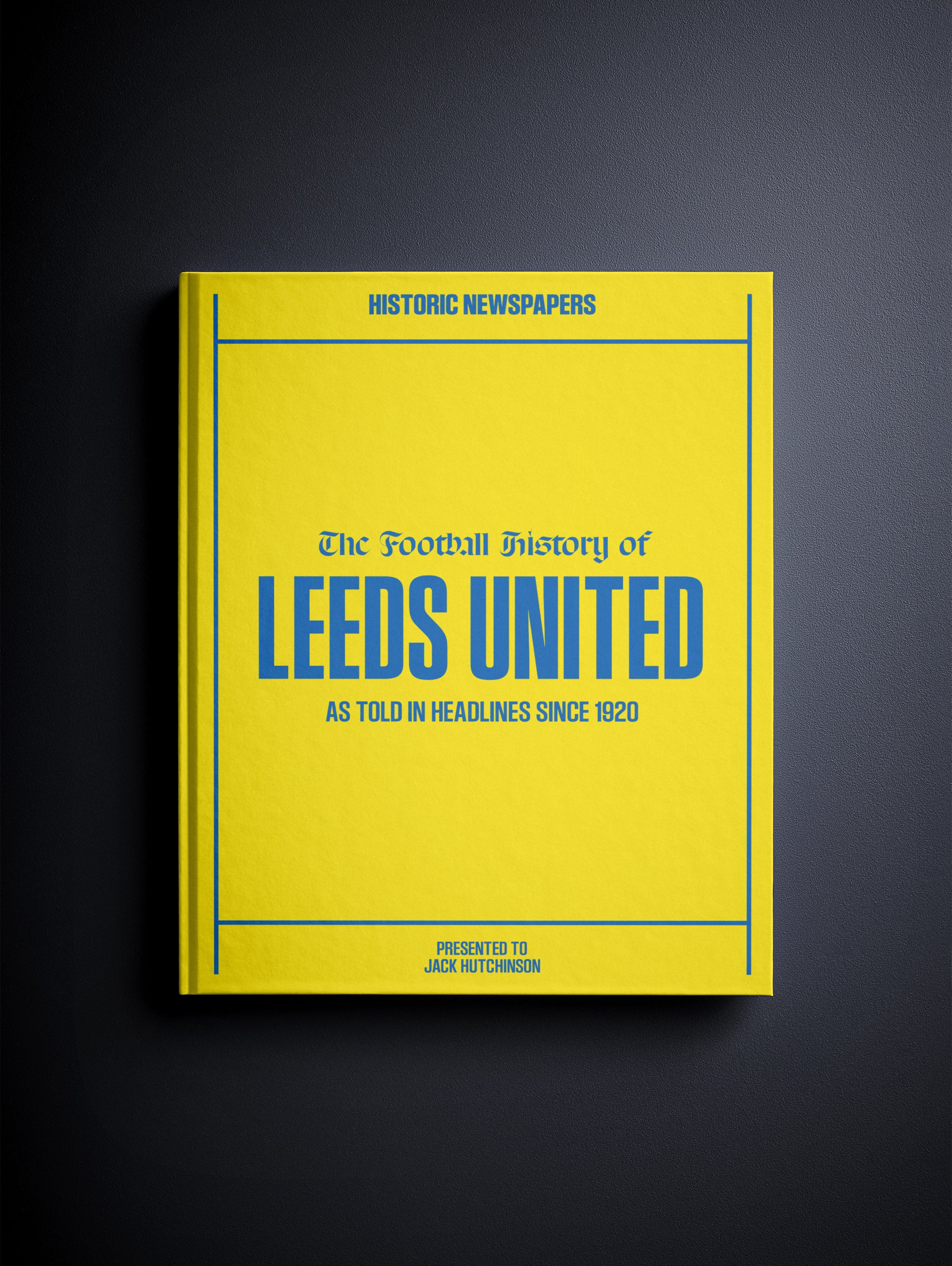



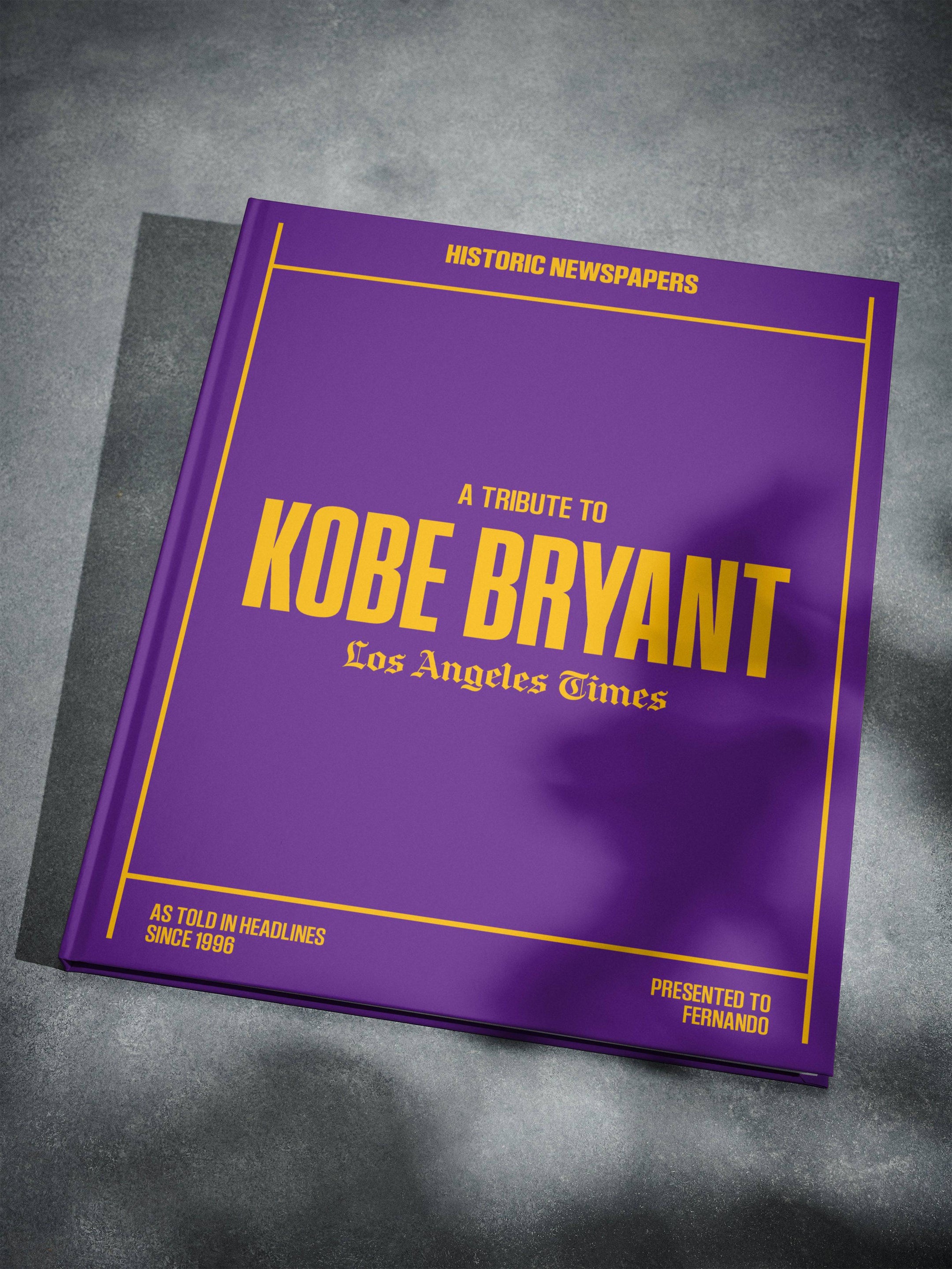

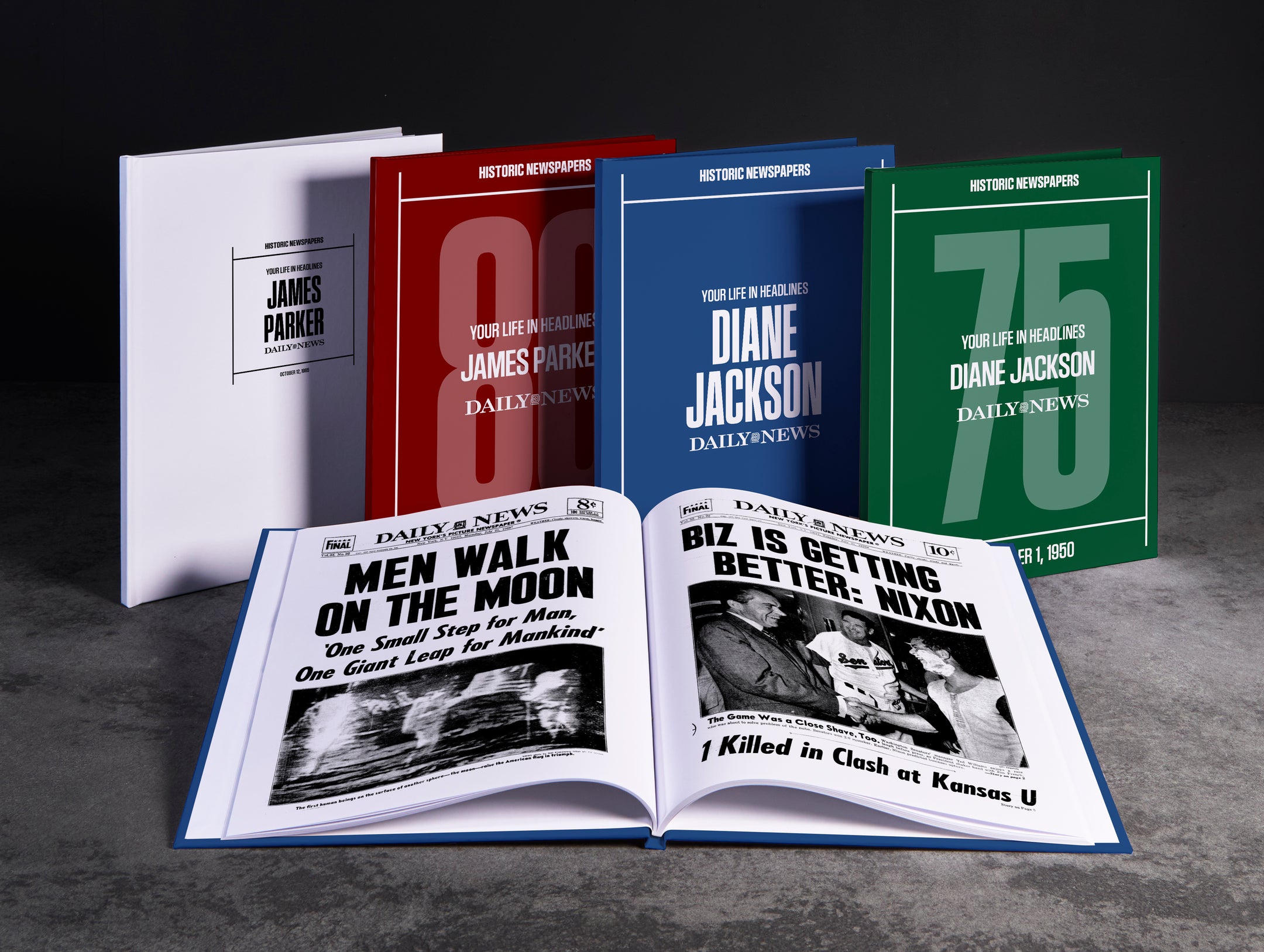
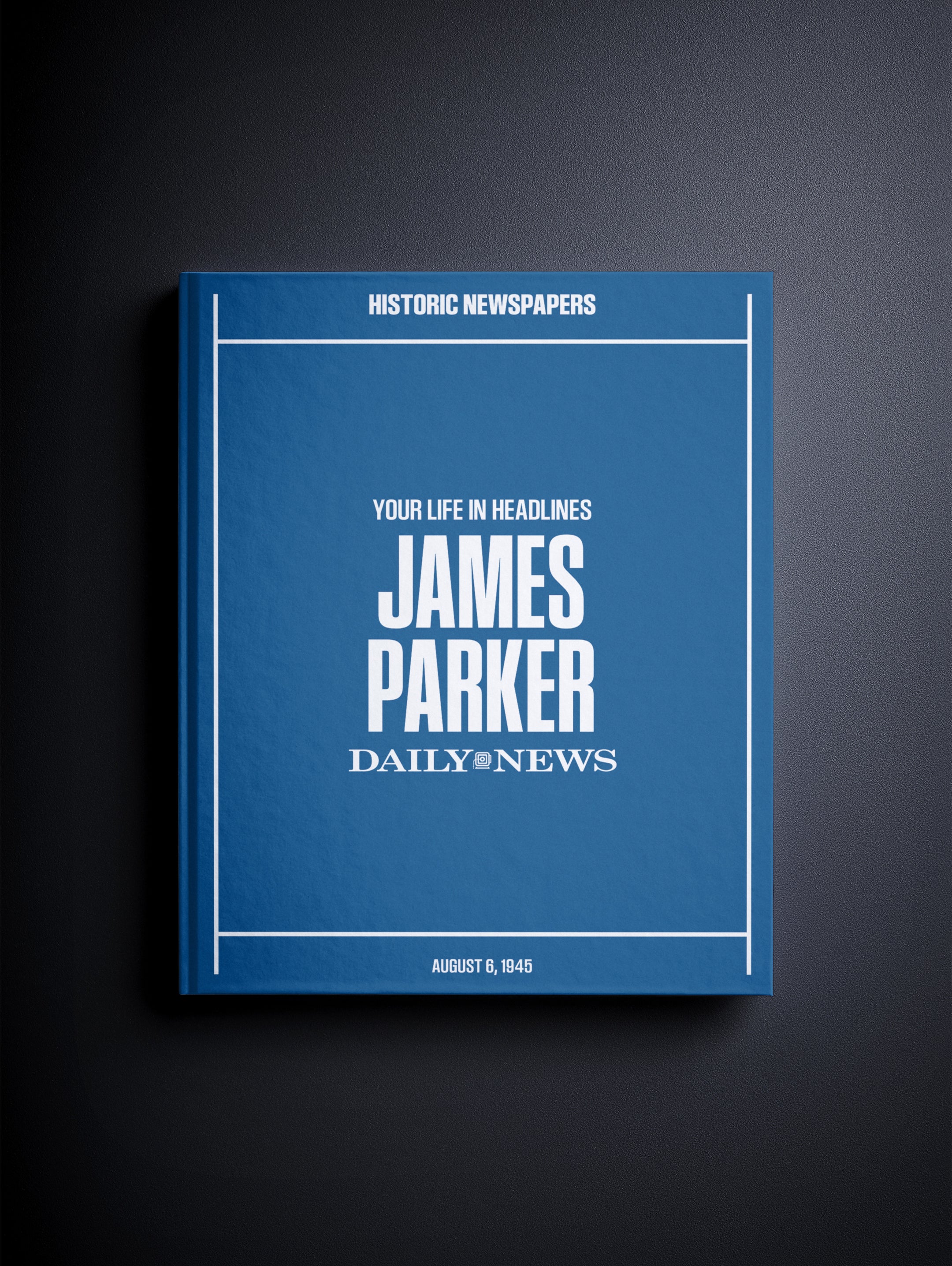
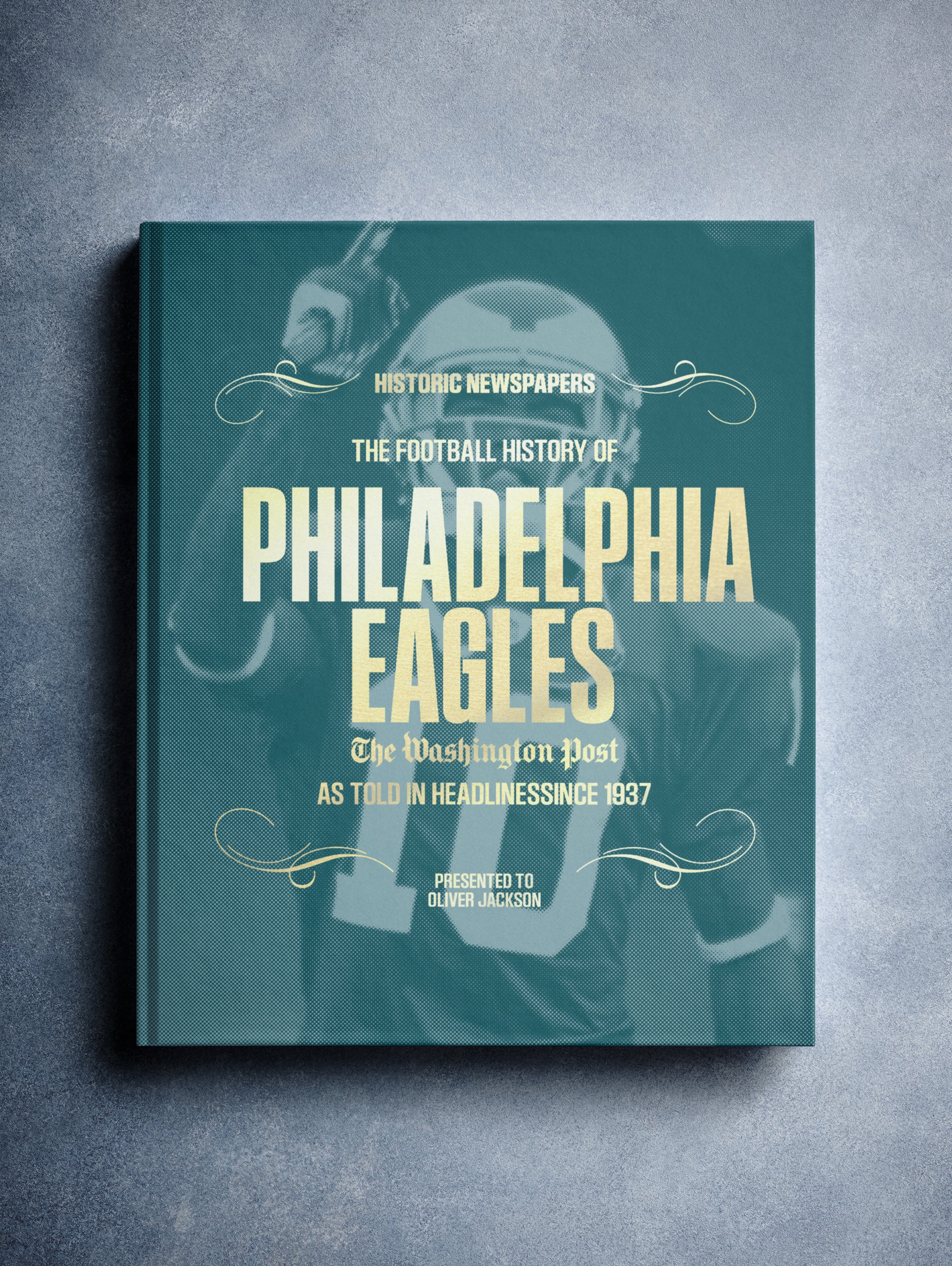

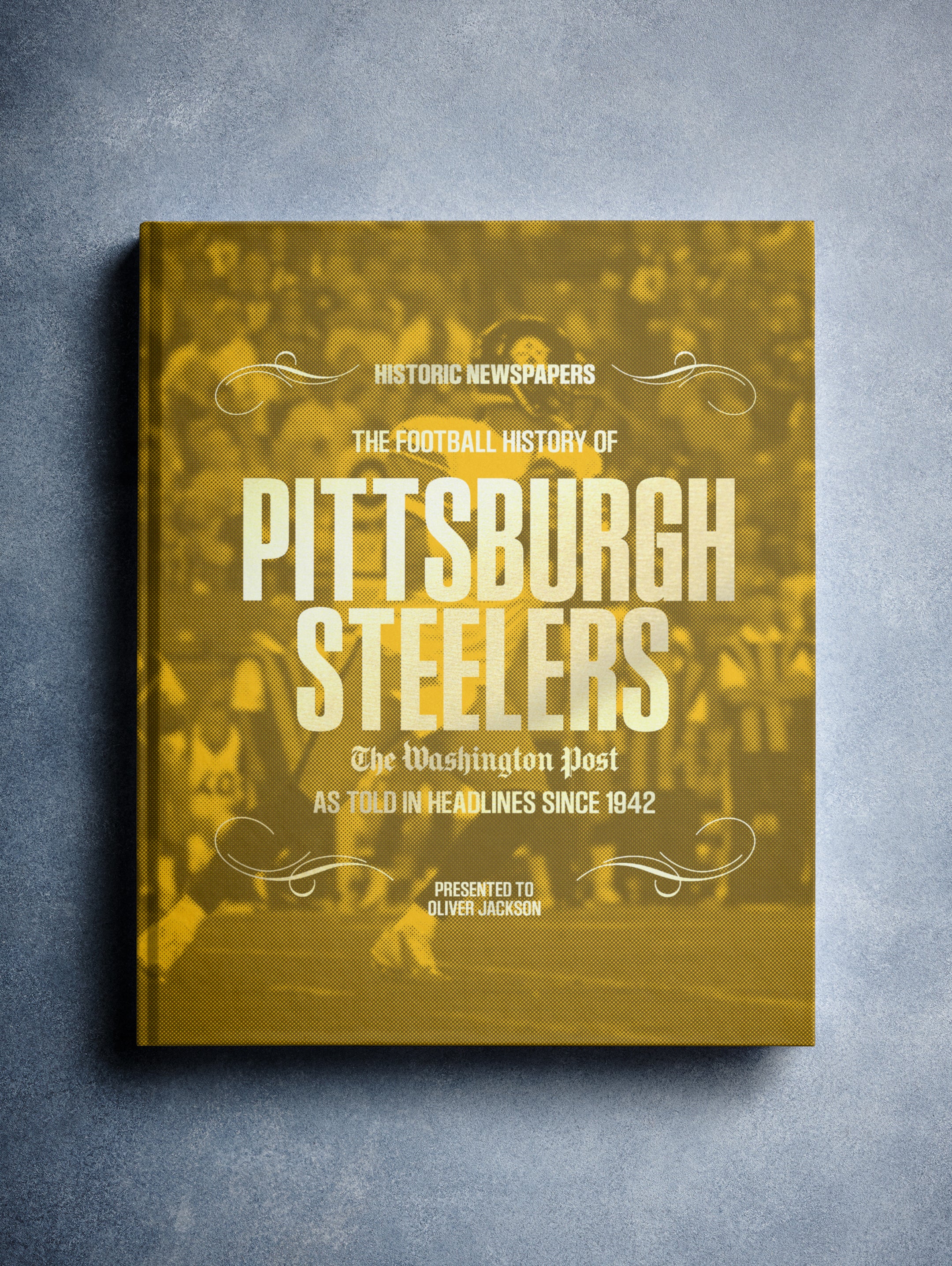



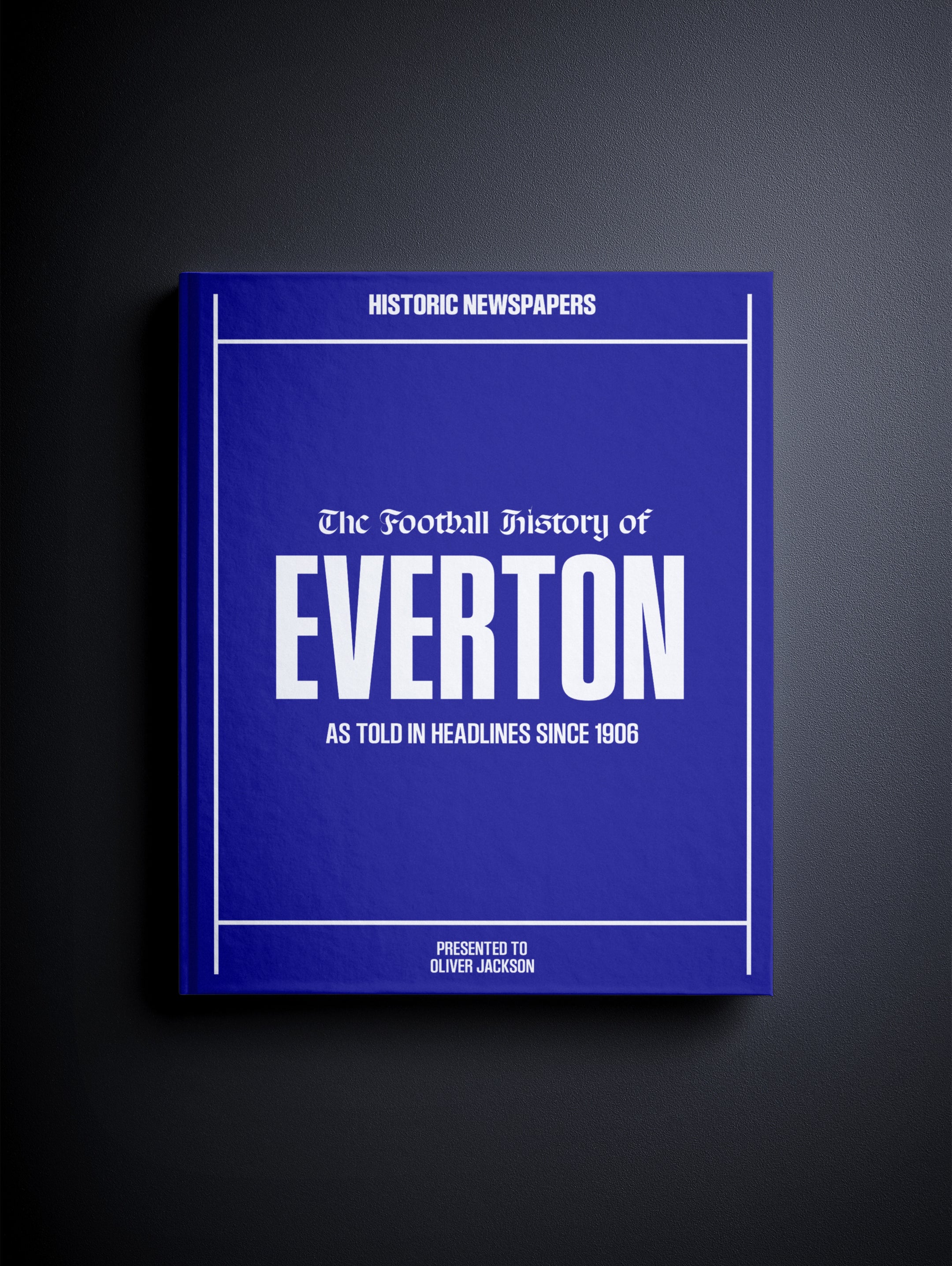
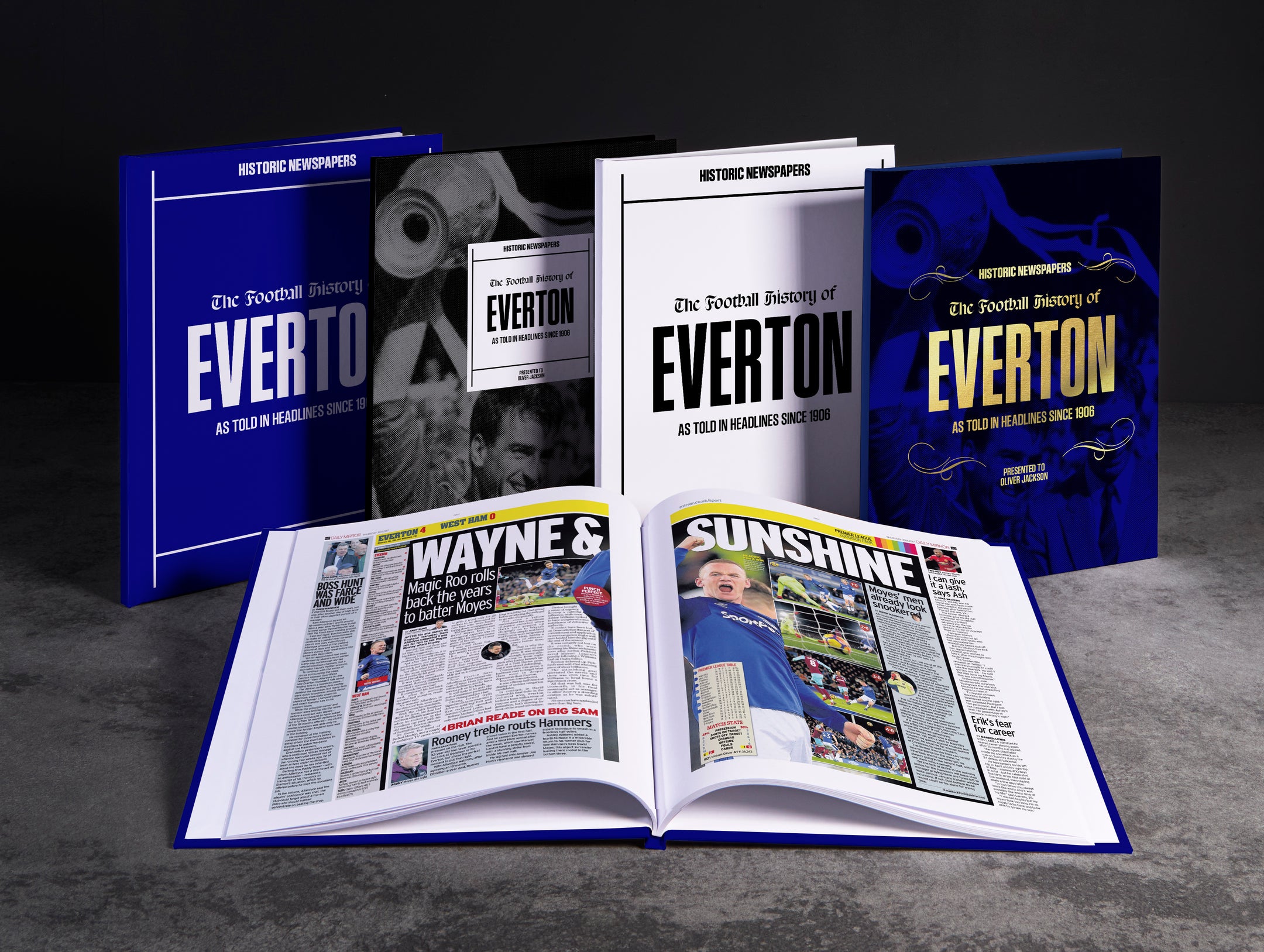

Follow us